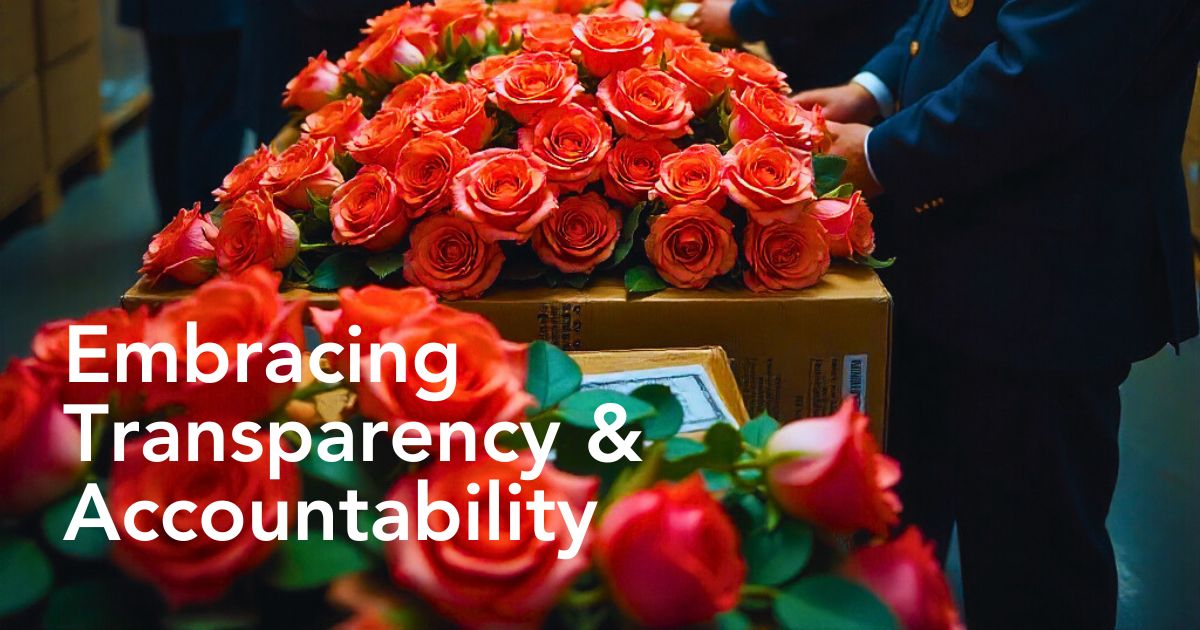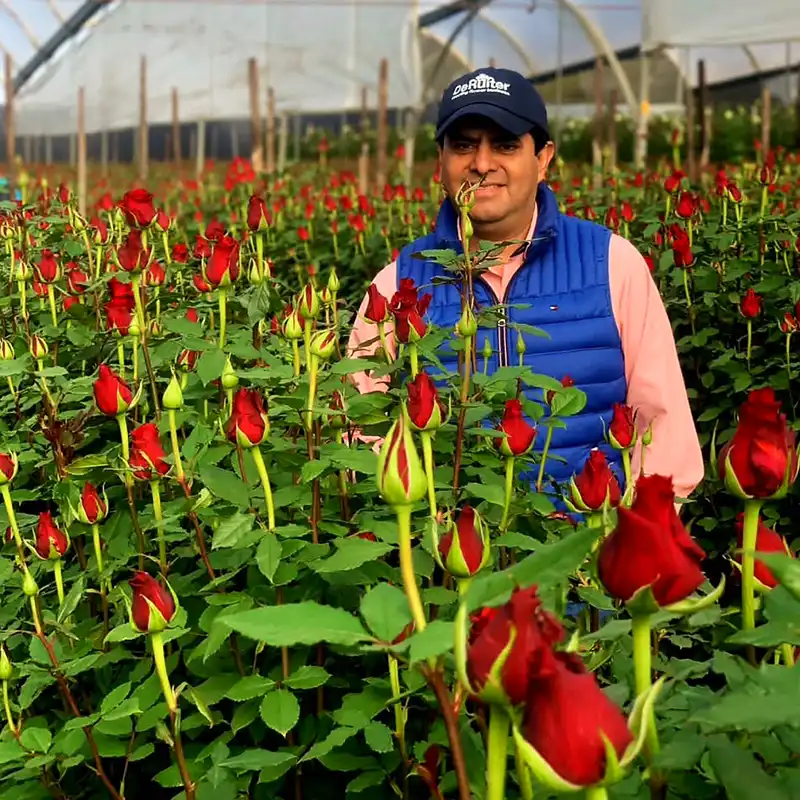You remember the recent confiscation of an illegal rose shipment at Schiphol Airport? Well, it did not take long for the floral industry to experience a change. For the better. In what industry experts term a drive towards transparency and accountability, growers are now voluntarily settling outstanding royalty obligations and formalizing licensing agreements with rose breeders.
The high-profile interception of unlicensed roses—including protected varieties like Rose Mondial from Kordes Rosen and Explorer from Interplant Roses—has morphed into a wider drive toward ethical practices across the global flower trade. But still, this incident, involving roses sourced from unauthorized growers and destined for the European market, highlighted the vulnerabilities in supply chains and the pressing need to fight illegal propagation.
The Schiphol Wake-up Call That Changed Everything
The Schiphol incident proved to be a pointer to the risks associated with the unlicensed floral trade. Authorities intercepted the shipment lacking proper certification, violating international plant breeder rights laws. This led to legal actions against several wholesale buyers implicated in the trafficking, setting a model for stricter global enforcement.

Building on this, subsequent European customs crackdowns targeted several unauthorized rose shipments, resulting in immediate destruction at the point of interception. Hefty costs and measures were imposed on infringing parties. And calls for due diligence reverberated throughout the supply chain. In turn, wholesale buyers, especially those reliant on Ecuadorian imports, now demand proof that all rose varieties are properly licensed and royalties are current. This market pressure, in turn, forced growers, once operating with ethical vagueness, to regularize their practices.
The intensified scrutiny by the European customs authorities has seen a wave of compliance moving through the sector. Growers, especially those in key production hubs, are stepping up. They are settling their outstanding royalty obligations and formalizing their licensing agreements. Not quite a reactive stance, this change of attitude shows the growing preemptive interest in upholding breeders' rights. To ensure fair competition and protect the industry's sustainability.
The Economics of Ethical Growing (And Sourcing)
The financial mathematics behind the drive towards ethical growing and sourcing is convincing enough. While unlicensed roses might seem to offer short-term cost advantages, the true cost of cutting corners is devastatingly clear. Entire shipments face destruction at ports of entry, legal action threatens all parties in the supply chain, and the reputational damage can forever sever business relationships built over years.
Aviram Krell, the product manager at Ecuador’s Plantec, the largest rose plant propagator in Latin America, clearly articulated this bleak reality during the Schiphol seizure: "While the allure of sourcing flowers at a lower price may seem tempting, the consequences of dealing with unlicensed suppliers can be severe. The interception of this shipment highlights the risks of working outside legal frameworks.” And yes, the consequences have been dire for those implicated!

The enforcement actions have also put to the fore the reality that modern traceability tools, increasingly detailed phytosanitary inspections, and enhanced collaboration between breeder representatives, customs agencies, and buyers make detection more likely than ever before. There is hardly any place to hide anymore. Yet the consequences are more than just immediate seizures. Think breach-of-contract lawsuits, permanent supplier blacklisting, and legal accountability under international laws that stress due diligence, meaning when one is caught, they invite for themselves a torrent of risks.
Beating the Shadowy Practice of Laundering Roses
Not all responses to increased scrutiny have been legitimate. Some have tried to hide their compliance issues, rather than just resolving them. Rose laundering, a practice industry insiders say involves mixing legitimate, royalty-paid licensed roses with unauthorized ones, then deceptively labeling the entire shipments as compliant, still exists.
Under international law, this is criminal. The mixing of unauthorized stems with legal ones could lead to confiscation of entire shipments, even if only a portion contains unlicensed products. This deceptive practice amounts to both an ethical breach and a legal risk. The chain of custody responsibility means that exporters, importers, wholesalers, and even large-scale retailers can face penalties for trafficking illegal goods, regardless of their knowledge or intent.
The legal framework surrounding plant breeder rights places clear responsibility on buyers to verify supplier compliance, making willful ignorance no defense against prosecution. Simply put, whether a farm grows one stem or ten hectares of unauthorized material, the risk to both growers and consequent buyers is real, legal, and enforceable, and no longer speculative.

Dangers of Illegal Unlicensed Roses and Benefits of Compliance
The distribution of unlicensed, unauthorized, and illegal roses undermines the very substance of the floral industry. Aside from legal repercussions, it erodes trust, stifles innovation, and compromises quality standards. Unauthorized propagation bypasses the rigorous breeding processes that ensure roses are sustainable, disease-resistant, and market-ready. This not only disadvantages legitimate growers but also exposes consumers to inferior products that may not meet ethical labor or environmental benchmarks.
Moreover, illegal trade destabilizes fair market competition, allowing black-market operators to undercut prices at the expense of breeders' rights. The recent seizure exemplifies how such activities can lead to widespread scrutiny, potentially harming the reputation of entire regions known for rose production. As Aviram emphasized, sourcing from unlicensed suppliers summons austere consequences.
On the flip side, the push for compliance offers great benefits. Formalizing licenses and settling royalties means growers have access to premium varieties, technical support from breeders, and a stable market position, hence building long-term sustainability. Breeders can continue investing in innovations that enhance productivity and resilience, while buyers working with verified sources have guaranteed reliability, quality, and adherence to fair-trade policies.
Plantec plays a key role in pushing for compliance, simplifying the legalization process for non-compliant farms, and collaborating closely with breeders. This approach paves the way for ethical production that recognizes innovation and investment. So, for the industry in general, the unambiguous memo remains: operating outside legal frameworks is no longer a viable business strategy as financial, legal, and reputational risks outweigh any probable short-term benefits.











